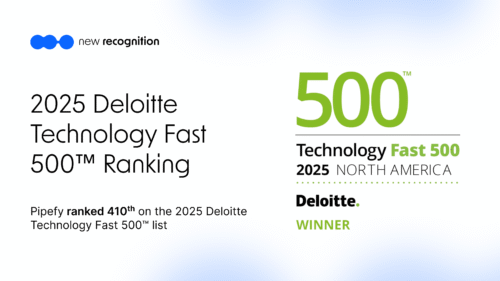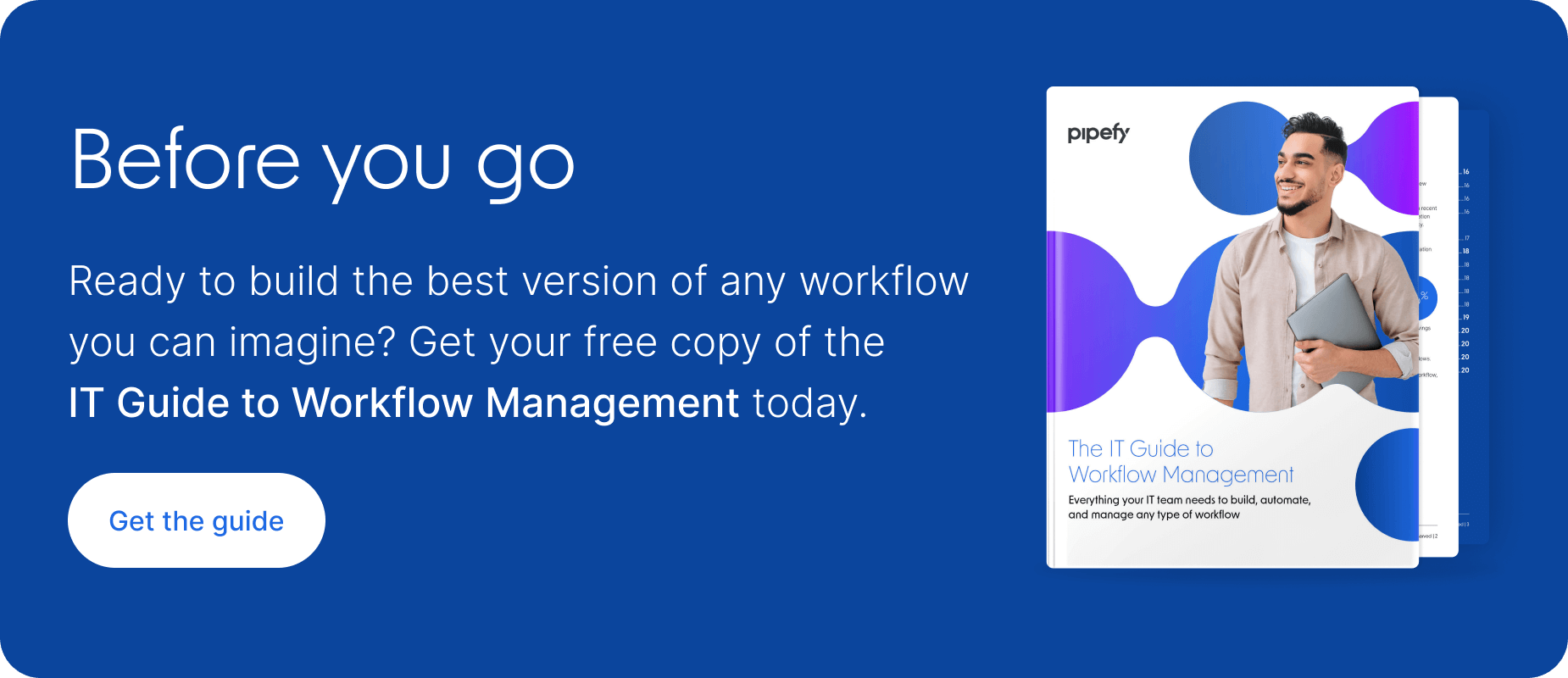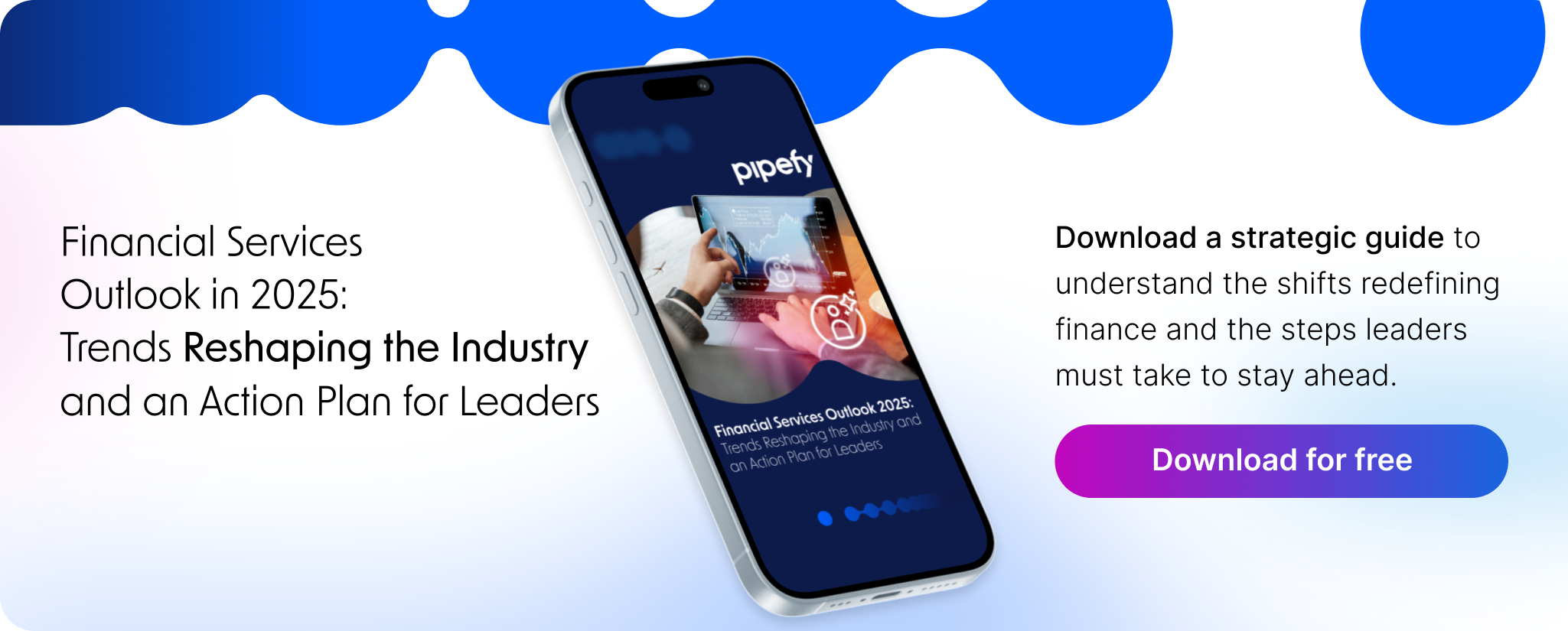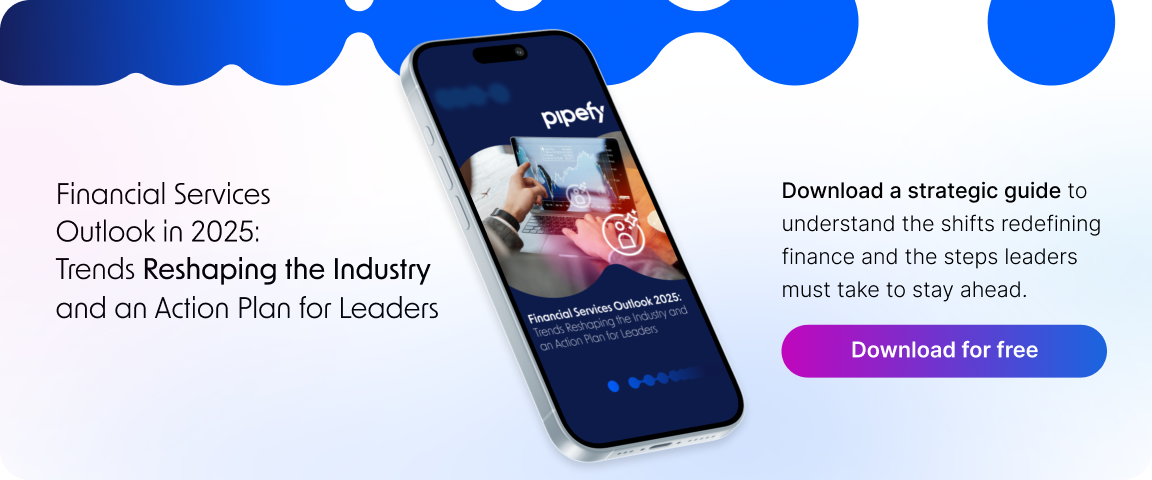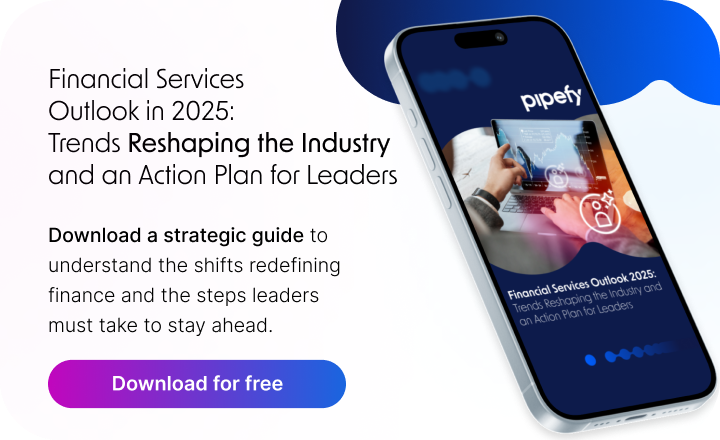
Artificial intelligence has emerged over the past decade as a key technology shaping the future of business. Entrepreneurs and managers recognize its importance and are adopting the use of artificial intelligence to keep their companies relevant in a technologically advanced environment.
AI’s ability to automate tasks, provide insights, and optimize processes transforms internal operations and enhances strategic decision-making. Shall we dive deeper into its applications?
The Use of Artificial Intelligence in Companies
The use of artificial intelligence directly impacts how companies operate. One of the main advantages is optimizing processes, allowing companies to streamline operations and enhance productivity.
AI allows teams to focus on more strategic activities. By complementing human skills, artificial intelligence establishes itself as an essential tool for innovation and sustainable growth within organizations.
It is not merely a passing trend, but a structural change in how companies conduct their daily business.
AI as Your Ally
In the corporate world, AI stands out as a powerful ally. It is rapidly becoming an indispensable tool for businesses seeking to improve operational efficiency and boost productivity.
AI automates various routine activities, reducing error margins and cutting unnecessary costs. In practice, the use of artificial intelligence at work allows for the automation of repetitive tasks, which in turn elevates process quality and optimizes workflows.
AI Agents are a fundamental part of this technological revolution. These are advanced programs designed to process information and make decisions autonomously, with human oversight to ensure accuracy and reliability, while operating sophisticated algorithms:
- Interactivity: AI Agents can interact with humans or other systems, resulting in responses and actions consistent with the information received.
- Learning Capability: AI agents can learn over time, refining actions and predictions.
- Goal-Oriented: They are configured to achieve a specific objective and adjust their actions to meet that goal.
Examples of AI Agents include virtual assistants, chatbots (used in customer support services), autonomous robots (used to perform tasks without human intervention), and recommendation systems (used on shopping sites to suggest products based on user behavior).
The Role of Pipefy
Pipefy stands out as one of the most capable platforms for integrating artificial intelligence into workflows, providing adaptable solutions to the dynamic needs of businesses.
Pipefy AI, the platform’s own artificial intelligence, becomes a strategic partner in business management, capable of creating complete workflows on demand, offering significant insights, and helping companies save time and resources.
Pipefy AI also transforms the use of artificial intelligence into a competitive advantage. With the ability to automatically adjust to a company’s variable needs, it showcases a range of features that enable workflow customization, intelligent automation, and detailed report generation.
This allows businesses to quickly adapt to market changes and opportunities, granting them essential strategic agility in today’s business environment.
AI in Business Sectors
The application of artificial intelligence in sectors such as Human Resources (HR), Procurement, and Finance has shown notable transformations, reshaping operations and aiding in process optimization.
The impact in these departments is significant, bringing real improvements in the efficiency and effectiveness of the work performed.
Human Resources
The use of artificial intelligence in HR is revolutionizing how this department operates, providing automation and personalization that significantly enhance productivity.
Talent Management
In talent management, the use of artificial intelligence not only improves the relationship between HR and candidates, but also accelerates processes from the opening of new job requisitions to hiring and onboarding.
By automating these processes, a more fluid and efficient flow is ensured, with transparent monitoring of each phase, ensuring everything occurs within stipulated deadlines.
Communication with Employees
The use of artificial intelligence at work allows many internal processes, such as health screenings and reimbursement requests, to be digitized.
This provides a comprehensive self-service experience for employees, ensuring they have greater visibility and control over their interactions with the company.
Centralization of Processes
One of the main challenges faced by companies is the lack of effective communication between departments, often leading to wasted time.
By centralizing processes on a single platform, process optimization becomes a reality, allowing everything to be executed automatically based on predefined actions and triggers, thus improving collaboration and operational efficiency.
Procurement
Artificial intelligence in the procurement sector promotes a more efficient purchasing cycle, enhancing forecasting ability and decision-making.
Automated Procurement Cycle
With the use of artificial intelligence, the Procurement department can automate everything from requisitions and quotations to supplier selection and approval of acquisitions.
This automated cycle ensures the process is agile and effective, promoting a more harmonious and well-managed procurement environment.
Traceability and Transparency
The application of AI also makes tracking the status of processes faster and more efficient, providing a clear view of progress.
Additionally, a secure portal for organizing records and documents ensures that all information is readily accessible, especially in audits.
Forecast
Pipefy AI offers the capability to assess existing processes, providing reliable data that includes negotiation management and predictive analysis, helping to forecast necessary quantities and identify ideal suppliers, thus aiding in cost reduction.
Finance
The use of artificial intelligence in financial work enhances precision and standardizes processes, significantly contributing to financial organization and monthly closing efficiency.
Standardization of Accounts Flow
Standardization in the Payables and Receivables accounts flow is vital to ensure on-time payments. With Pipefy, companies can implement forms with mandatory fields that ensure the collection and organization of data, facilitating communication with suppliers and ensuring all accounts are effectively managed.
Invoice Processing
With automation provided by artificial intelligence, the time for processing an invoice can be drastically reduced.
This is achieved by creating automatic triggers: for example, once approved, an invoice triggers a flow that notifies the accounts payable team, preventing duplications and oversights.
Scalability
The scalability provided by the Pipefy platform with AI is crucial for financial processes to keep pace with demand growth without compromising quality or requiring an increase in staff numbers. As a result, teams can focus on strategic activities rather than everyday administrative tasks.
The use of artificial intelligence provides powerful tools that transform sectors, significantly optimizing processes and improving operational efficiency.
Pipefy, with its integrated and adaptive solutions, enables companies to harness the full potential of artificial intelligence in the workplace, ensuring a future of innovation and excellence. Embracing these advanced technologies is an essential step for any organization that seeks to position itself at the forefront of the market.
Discover more possibilities with Pipefy on our blog.

